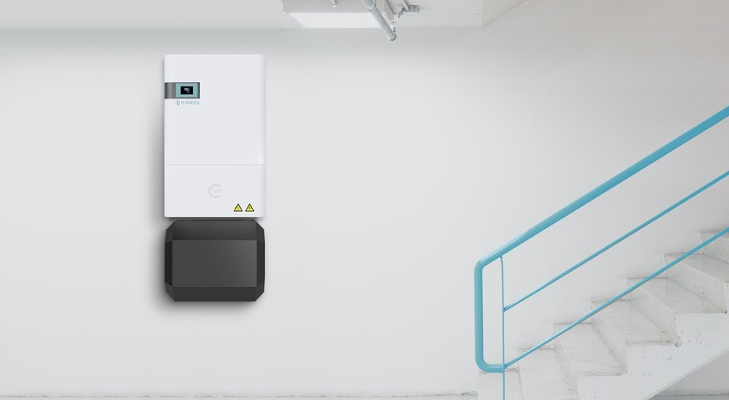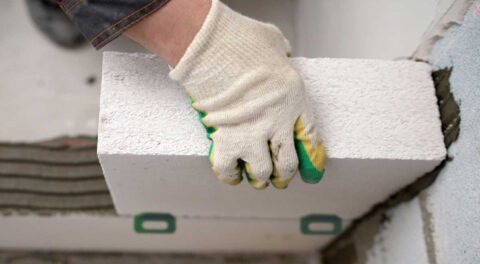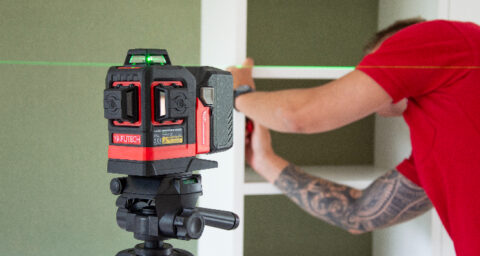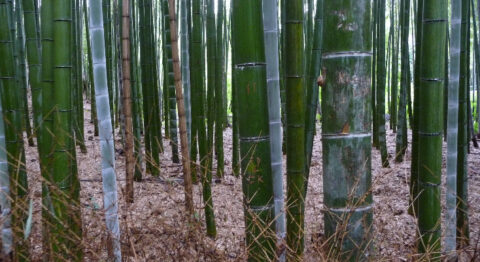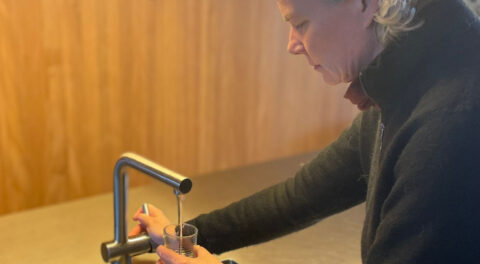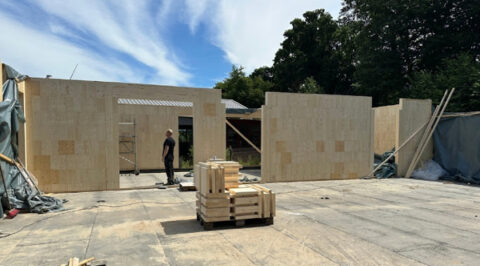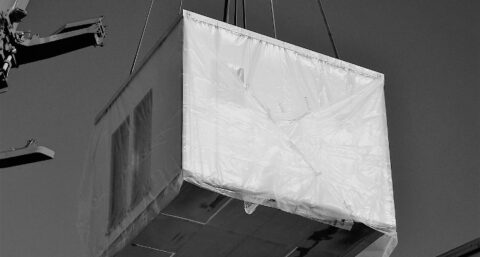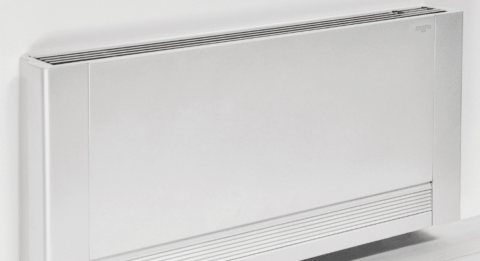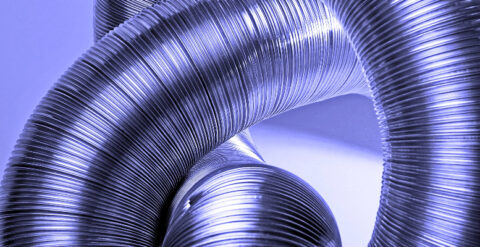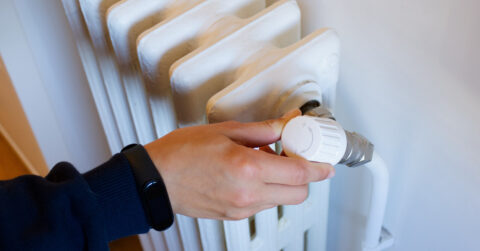We are in the midst of energy transition and "getting off the gas" is the goal. There are several ways to make that happen. Relatively new to that market is the induction boiler. What is it? How does it work? And where is such a CVi boiler applicable?
A CVi boiler (induction boiler) works on the basis of electromagnetism. There is no gas involved, but it revolves around a physical principle. Induction occurs when electrical voltage is generated across a conductor. This happens when a changing magnetic field moves around the conductor, or vice versa: when the conductor itself moves in a magnetic field. Generators and transformers work this way. British physicist and chemist Michael Faraday (1791-1867) discovered that electricity can generate a magnetic field, and tried to reverse that process. He tried using a magnetic field to generate electricity. In 1831, he demonstrated with an experiment that it could be done and established his theory.
From 6 to 50 kilowatts
With an induction cooktop, the pan disturbs the magnetic field creating heat. In the case of the CVi boiler, a copper pipe disrupts the magnetic field. The electrical energy generates heat, which is transferred to the water in the system through a special fluid. Depending on the type and capacity of the CVi boiler, it can serve as heating, or also heat tap water in the process. The Dutch company TI-Green developed the CVi boiler, and now supplies them as 6, 9 and 12 kilowatt systems. The induction technology ensures that eight liters of water are heated to a temperature of 85 degrees very quickly. The boilers come standard with a 45-liter accumulator that stores residual heat. The company is working on boilers with a capacity of 15 for larger homes, and is developing a 50 kilowatt boiler specifically for industry.
Pros and cons
Important advantages of the CVi boiler are that it can replace the gas boiler 1 to 1 and the existing radiators and pipes can remain in place. Furthermore, the boiler produces little noise and no carbon monoxide. The device does not consume fossil fuel, making it a sustainable alternative to heating with gas.
The main disadvantage of a CVi boiler is that the unit consumes a lot of electricity. Solar power generation with your own solar panels offsets that, but PV produces very little in the winter. It also requires three-phase power.
A further point is that the CVi boiler requires a lot of energy to make 1 kWh of heat. Too much, according to Article 6.55 of the Building Code. Therefore, the CVi boiler does not qualify as a main heating system. However, the induction boiler can be used in a vacation home or garden house.
Contribute to gasless future?
But the development of this boiler does not stand still, and it is possible that at some point even those rules will change again. If so, this technology can also contribute to a gas-free future. If a home is optimally insulated and equipped with its own energy generation system, then it could be really interesting. So keep an eye on developments.
